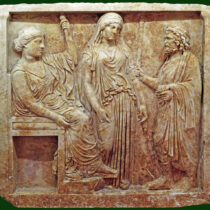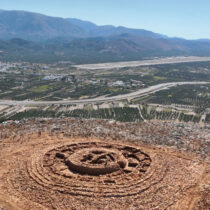The quintessential “disease” of modernity, nostalgia, always comments in some way on social and economic transformations. In this paper, ! situate contemporary nostalgic discourses in Greece against the background of the global upsurge in nostalgia that has marked the last quarter of the twentieth century. This paper does not aim to identify a distinctly Greek “way of doing time”, but rather to locate Greek representations of past time within both local and global contexts. My particular focus in this article is on nostalgia for the “old city” of Volos as manifested in various textual practices engaged in by both municipal and individual agents: in particular, the reproductions and re-presentations of out-of-print local histories, period photographs and the local press. Nostalgia for urban space represents a significant departure from nostalgic discourses on villages and the rural landscape that have been in circulation in Greek society for some time. This nostalgia for the “old city” does not express a desire for escape from capitalism and European models of cultural life, but rather a fascination with the establishment of these economic and social institutions in Greece. The collapse of the manufacturing base of Volos and the ongoing changes in the social composition of the city and nation have generated a sense of longing for authentic, unmediated and tangible forms of community and capitalism that appear to have existed in the town’s past.
Representations of Time and the Time of Representation
23 Aug 2012
by Archaeology Newsroom
- A
- A
- A


